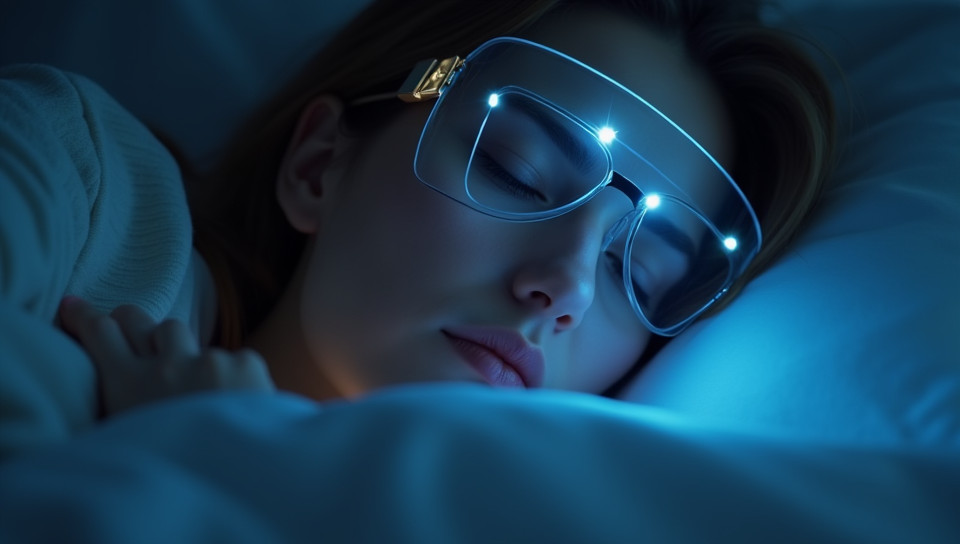Wearable technology has improved sleep quality significantly sometimes 69%

The Sleep Revolution: How Wearable Technology is Transforming Our Rest
As we drift off to sleep each night, our bodies and minds recharge for another day of productivity. But for many of us, the quality of that rest is far from ideal. Insomnia, restless leg syndrome, and other sleep disorders affect millions worldwide, impacting not just our mood and energy levels but also our overall health. However, a new wave of innovation is changing the way we approach sleep – wearable technology.
The Rise of Wearable Sleep Trackers
In recent years, wearables have become increasingly sophisticated, with many devices now incorporating advanced sleep tracking features. These small gadgets can monitor our heart rate, movement, and other physiological signals to provide valuable insights into our sleep patterns. By analyzing this data, we can identify areas for improvement and make informed decisions about how to optimize our rest.
How Wearable Technology Improves Sleep Quality
So, what makes wearable technology so effective in improving sleep quality? Here are just a few reasons:
- Provides personalized insights: By tracking individual sleep patterns, wearables offer tailored recommendations for improvement.
- Monitors sleep stages: Advanced devices can detect when we're in light or deep sleep, helping us identify areas where our rest is being disrupted.
- Offers real-time feedback: Many wearables provide immediate feedback on our sleep quality, allowing us to make adjustments throughout the night.
The Benefits of Better Sleep
Improved sleep quality has far-reaching benefits that extend beyond just feeling more rested. Research shows that better sleep can:
- Boost cognitive function and memory
- Enhance mood and reduce stress levels
- Support immune system function
- Even help manage chronic diseases such as diabetes and cardiovascular disease
Conclusion
As wearable technology continues to evolve, it's clear that these devices are playing a critical role in the sleep revolution. By providing personalized insights and real-time feedback, wearables empower us to take control of our rest and make meaningful changes to improve our overall health and well-being. Whether you're struggling with insomnia or simply looking to optimize your sleep, consider investing in a wearable device – your body (and mind) will thank you.
- Created by: Maria Thomas
- Created at: Aug. 13, 2024, 10:35 p.m.
- ID: 7027
